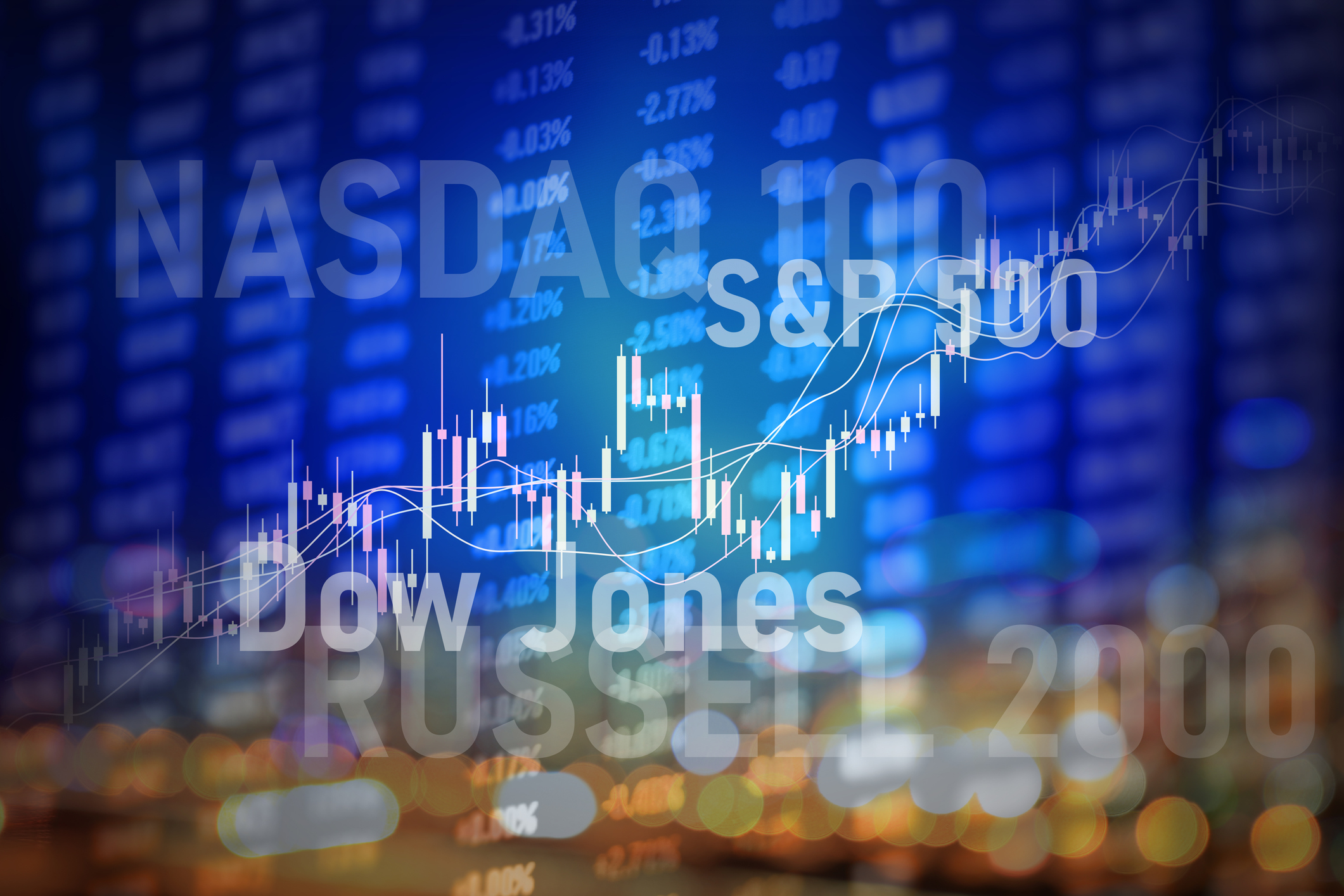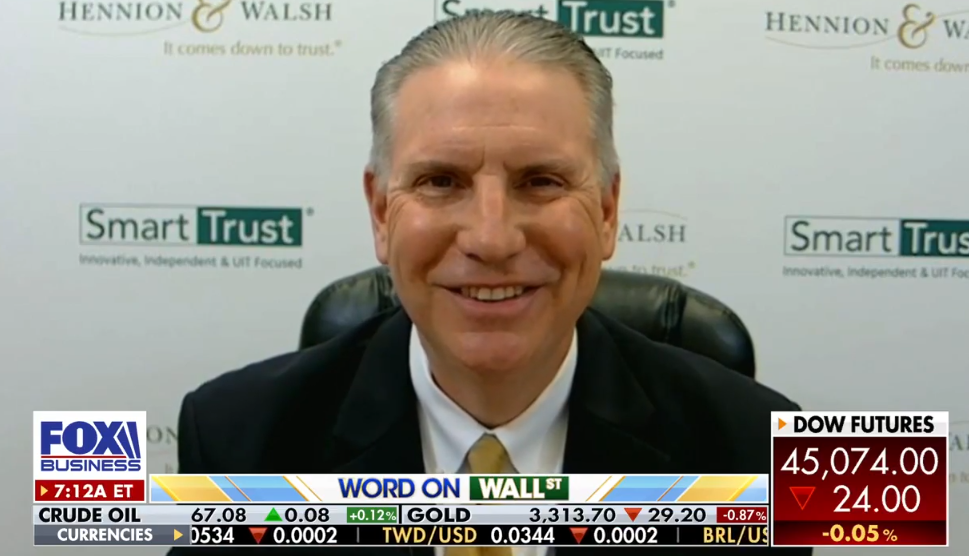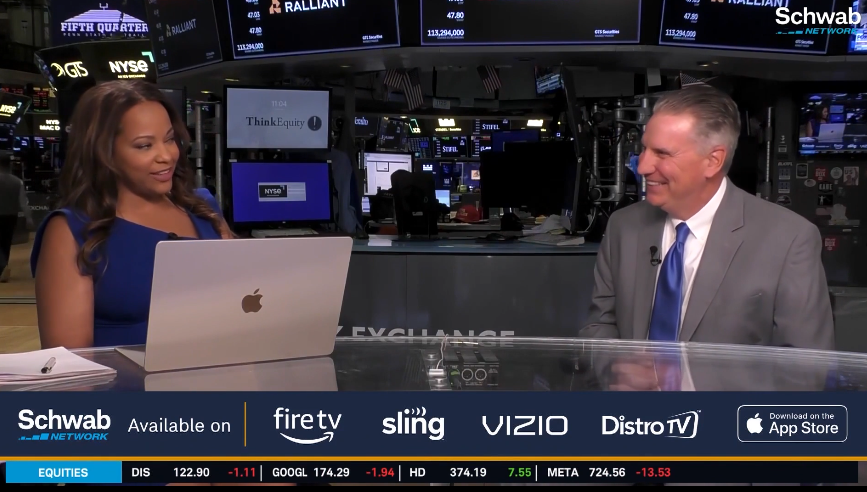
Equity Markets Continue to Rally

Global equity markets finished higher for the week. In the U.S., the S&P 500 Index closed the week at a level of 5738, representing an increase of 0.64%, while the Russell Midcap Index moved 0.94% last week. Meanwhile, the Russell 2000 Index, a measure of the Nation’s smallest publicly traded firms, returned -0.13% over the week. As developed international equity performance and emerging markets were higher, returning 3.76% and 6.18%, respectively. Finally, the 10-year U.S. Treasury yield moved higher, closing the week at 3.75%.
During the week after the Fed’s first interest rate cut, equity markets rallied following mostly positive economic data. Both the S&P 500 and the Dow Jones Industrial Average achieved all-time highs again this week. The Nasdaq Composite also had a positive week but did not surpass its record high achieved in July of this year.
Consumer Confidence Index for September released on Tuesday was not so positive. The Index slid to 98.7, down from 105.6 in August, the consensus estimate was 104. The decline in the Index was the largest drop in more than three years as fears grew about jobs and business conditions.
Data would ultimately improve later in the week, pushing equity markets higher. Durable goods, third quarter GDP and Jobless Claims were more favorable than the market’s expectations. The Personal Consumption Expenditures Price Index (PCE), a gauge the Fed focuses on to measure the cost of goods and services in the U.S. economy, rose 0.1% for the month, putting the yearly inflation rate at 2.2%, down from 2.5% in July and the lowest since February 2021.
Throughout the week, numerous Fed officials made comments that suggested that future rate cuts will be measured and data dependent. These comments were important in contrast to the immediate over reaction to the favorable PCE data.
As we look out to the week ahead, the markets will digest the effect of a potential dockworkers strike. Some 25,000 Longshoremen at East Coast and Gulf Coast ports could strike as early as October 1. The economic and logistics effects of a long strike at the ports would certainly be a factor for the U.S. economy.
Best wishes for the week ahead!
Equity and Fixed Income Index returns sourced from Bloomberg on 9/27/24. Consumer Confidence Index is sourced from the Conference Board. Personal Consumption Expenditures Price Index (PCE) is sourced from the Commerce Department. Economic Calendar Data from Econoday as of 9/30/24. International developed markets are measured by the MSCI EAFE Index, emerging markets are measured by the MSCI EM Index, and U.S. Large Caps are defined by the S&P 500 Index. Sector performance is measured using the GICS methodology.
Disclosures: Past performance does not guarantee future results. We have taken this information from sources that we believe to be reliable and accurate. Hennion and Walsh cannot guarantee the accuracy of said information and cannot be held liable. You cannot invest directly in an index. Diversification can help mitigate the risk and volatility in your portfolio but does not ensure a profit or guarantee against a loss.



